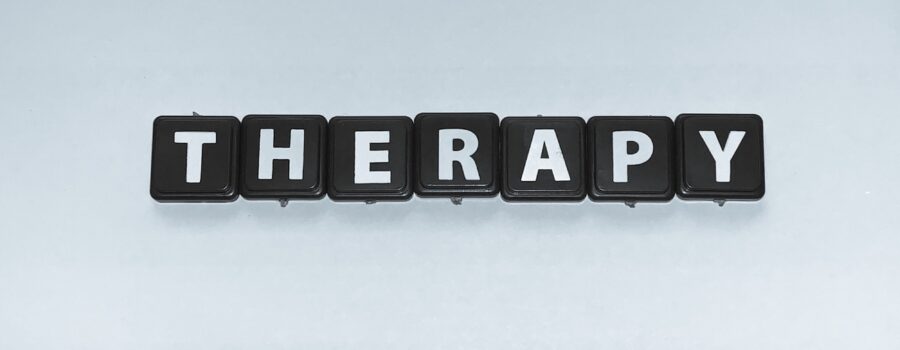Starting anything for the first time is frightening. So, it’s normal to feel worried, along with many other emotions, about starting therapy. The first therapy appointment can seem really intimidating if you haven’t been to therapy before because you might not have any idea what to expect. Our hope is that some transparency about what your first therapy appointment might look like may ease some of the worry.
We’re going to go over what a typical first therapy appointment might look like. Remember, this could vary from therapist to therapist as they each follow their own therapeutic modality (a.k.a. style).
And, can we just say how brave you are for starting therapy? Whether it is your first time or you’re starting up again with a new therapist, you should be so proud of yourself. We sure are!
Your first session intention
The first session will be centered on you and your therapist familiarizing yourselves with one another. Remember, your therapist isn’t there to judge you, so try to be as open and honest as possible when answering some of the questions they may ask you.
The questions they ask are intended to help your therapist understand you — and your world. The questions also help your therapist understand what challenges you may be facing and what’s bringing you to therapy. The more information you can give your therapist the better. That will help them determine the best way to support you on your therapeutic journey.
Questions your therapist might ask
Your therapist might ask you general questions about your health, family life, friends, romantic relationships, living situation, education, and career or more specific questions about the situation at hand like:
– What’s bringing you to therapy at this time?
– What are the symptoms you’re experiencing?
– How long have you been experiencing this?
Trust is earned
Don’t forget that trust is earned over time.
If you don’t feel comfortable answering a question your therapist asks or you feel like you don’t want to expand much on the topic, you don’t have to! Your therapist will support you where you’re at, especially during the first session and the early ones in your treatment.
With time, the trust will hopefully build. Then, you may want to open up more on certain topics. You can always tell your therapist you aren’t ready to talk about something. And you can always go back to certain topics when you’re ready to expand.
Feel free to ask your therapist questions
Since the intention of the first session and many of the initial ones in treatment is for you and the therapist to get to know each other, you can ask them questions! This ultimately helps establish that trust we were just mentioning.
Some questions you may want to ask:
– How many sessions do you think it will take to resolve my issue?
– What will sessions look like moving forward?
– Have you worked with anyone like me before?
Feel free to ask your therapist anything that will make you feel more comfortable. That might mean asking them about their training, experience, or the approaches they use for therapy. If you ever ask anything they don’t feel comfortable answering, they’ll let you know why they cannot share that.
Keep in mind
Try to remember that therapy isn’t a quick fix. It is important to try and have realistic expectations when you go to your first session. This process takes time, but it’s worth it when you stick with it. Therapy is intended to provide you with space to process unresolved feelings from the past and present, and equips you with tools to move forward in your life.
Want to get started with your first therapy appointment? Get in touch with our team today. We’ll get you connected with our intake coordinator, who can help you find the right therapist for your first session.





